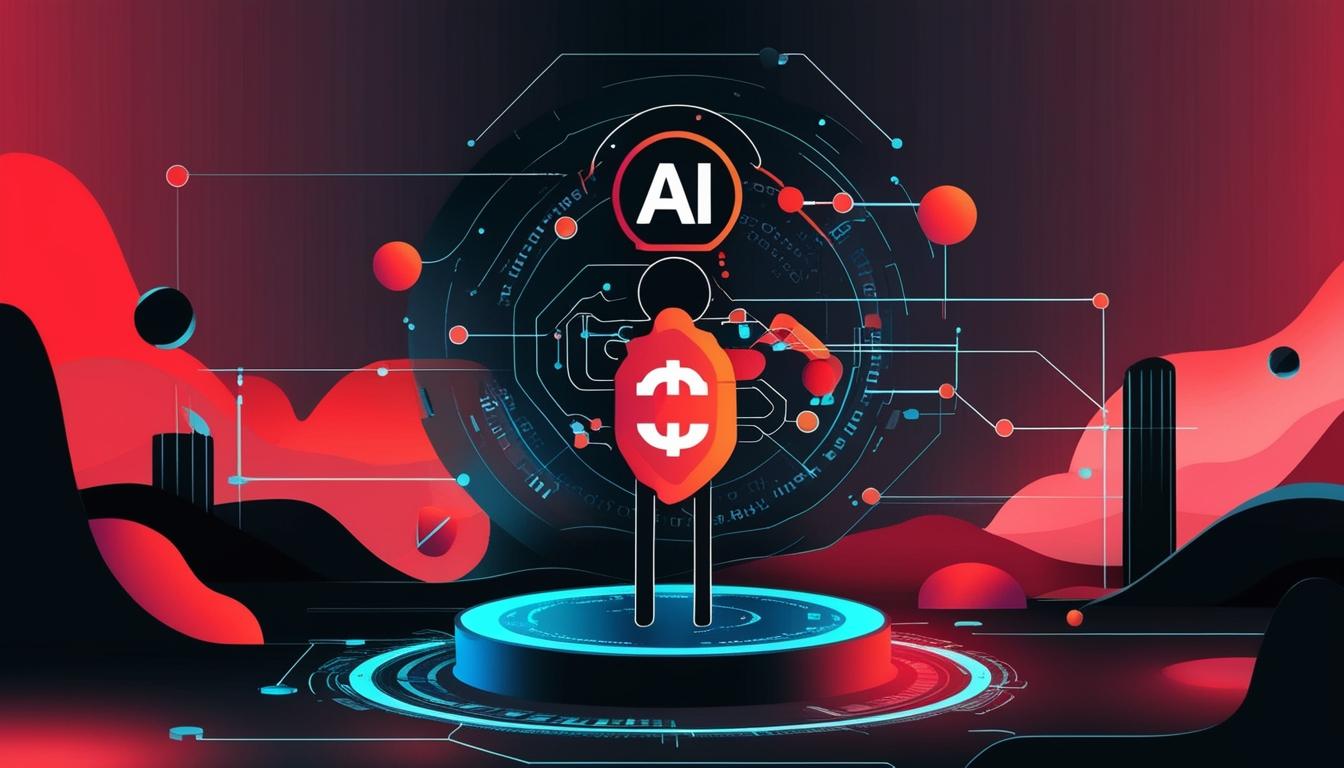The incorporation of artificial intelligence (AI) into the cryptocurrency market is profoundly reshaping trading practices, market analysis, and risk management. Unlike traditional trading bots that operate solely on pre-defined algorithms, new autonomous programs called AI agents exhibit adaptive learning capabilities, allowing them a significant level of autonomy in navigating blockchain interactions. This evolution in technology marks a noteworthy development in the cryptocurrency industry as analysts predict an increase in the prevalence and effectiveness of such projects in the coming years.
AI agents leverage advanced machine learning techniques to process vast amounts of data, adapting to market conditions and learning from past experiences. Their versatility extends beyond mere trading; these agents can analyse social media trends, assess risks, and make strategic predictions based on diverse data sources, including unstructured information such as news articles and market sentiments.
The distinction between AI agents and traditional trading bots is significant. Traditional bots follow a rigid set of rules and are limited in their functionality, focusing primarily on executing predefined trading strategies without the ability to learn or adapt. In contrast, AI agents utilise modern AI methodologies to detect intricate patterns, forecast trends, and make decisions without continuous human oversight, thus functioning as advanced tools that surpass earlier capabilities in the realm of trading.
An AI agent typically operates through a three-layer structure: firstly, it collects necessary data through connections with blockchain nodes and APIs to obtain real-time information. Secondly, AI and machine learning processes analyse this data to facilitate informed decision-making. Finally, the agent interfaces with the blockchain to carry out transactions, ensuring that they follow through efficiently and accurately.
The applications of AI agents within the cryptocurrency domain are extensive. They automate trading by identifying and responding to market trends, analyse blockchain metrics for price predictions, and implement risk management strategies by evaluating historical and real-time market conditions. There is also potential for enhanced security, as AI agents can scrutinise smart contracts and identify transactional anomalies, thereby reinforcing safeguarding measures within the crypto environment.
As of early January 2023, the sector encompassing AI agents in cryptocurrency boasted a market capitalisation of nearly $13 billion, highlighting the growing interest in this technology. The rising popularity of AI agents has led to innovative projects such as Goat (GOAT) and Truth Terminal, Zerebro (ZEREBRO), and AIXBT by Virtuals (AIXBT), each showcasing unique approaches to leveraging AI in various financial applications. For instance, AIXBT provides insights by analysing data from key social media influencers to inform trading strategies, while Zerebro focuses on portfolio management through advanced analytics.
Although the potential of AI agents is substantial, the integration of AI within trading systems is not without its challenges. The increasing reliance on AI will necessitate a comprehensive understanding of their operations and the inherent risks involved, particularly as these technologies become prevalent.
On another front, financial organisations are increasingly employing intelligent trading platforms powered by AI to enhance financial literacy and competence in global markets. Traditional methods of financial management often hinge on human judgement and can lead to errors, making the rapid, data-driven decision-making capabilities of AI bots an attractive alternative. Such systems allow companies to identify trends and plan investments with greater accuracy, ultimately driving more efficient financial management.
AI trading bots are lauded for their ability to analyse large datasets and identify correlations and trends among market behaviours quickly. This capability is particularly valuable in volatile markets such as cryptocurrencies, where rapid price shifts occur. Bots can automate buy and sell orders based on specified risk parameters, enabling firms to maintain an agile market presence and maximise potential returns.
The process of engaging with an AI trading platform is straightforward, beginning with the selection of a reliable service and the establishment of an account. Businesses can define their trading conditions, allowing bots to execute transactions according to their preferences. Many jurisdictions permit the use of such automated trading systems, provided that users adhere to related regulations.
In conclusion, the landscape of cryptocurrency trading is undergoing a transformation with the integration of AI-driven technologies. The ability of AI agents to adapt, learn, and operate autonomously represents a significant step forward in financial technology, promising to redefine traditional trading practices while enhancing financial literacy for businesses. As the sector continues to evolve, stakeholders are likely to experience a shift in how investments are approached, emphasising the importance of technological advancements in shaping future market dynamics.
Source: Noah Wire Services
